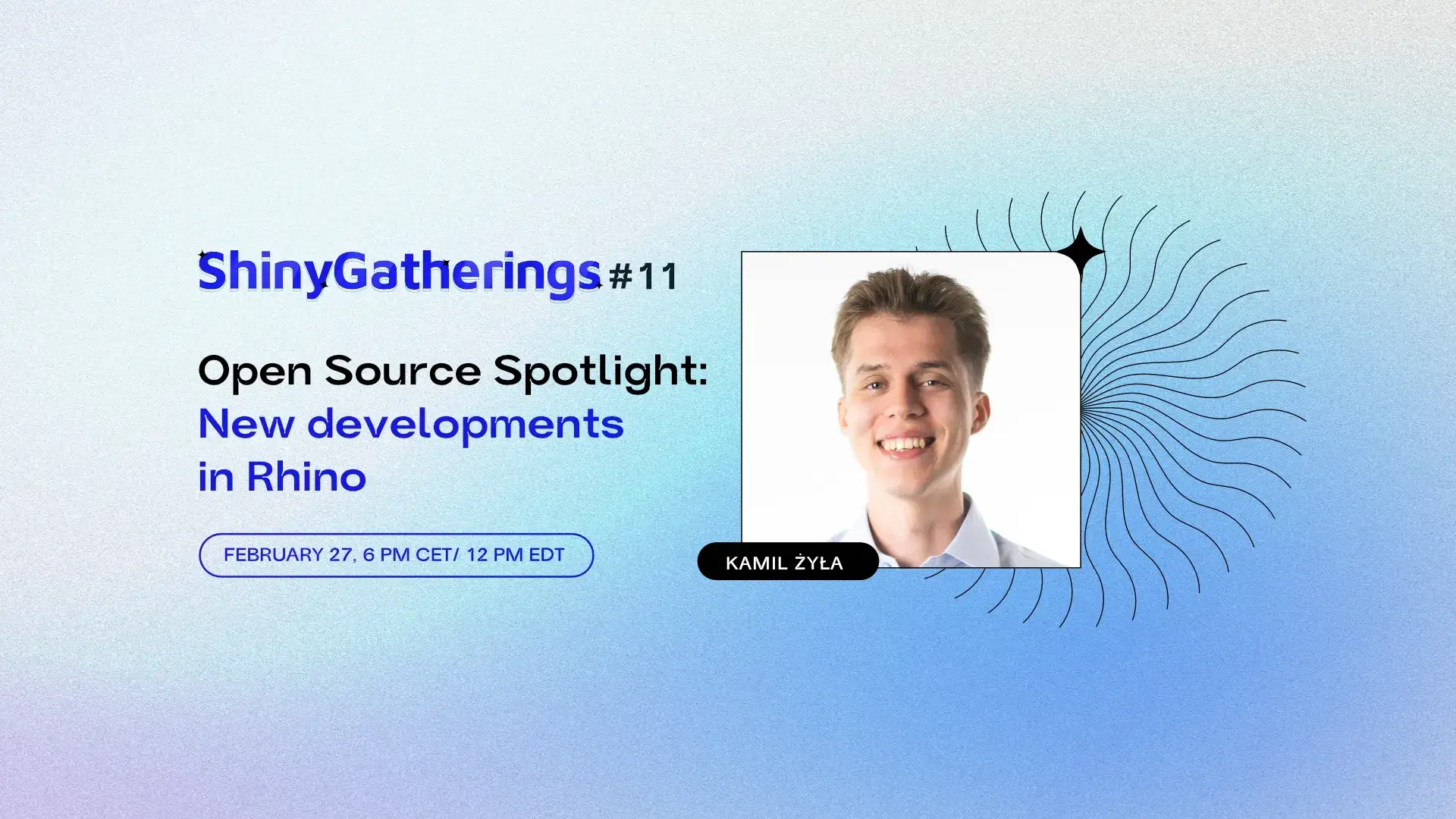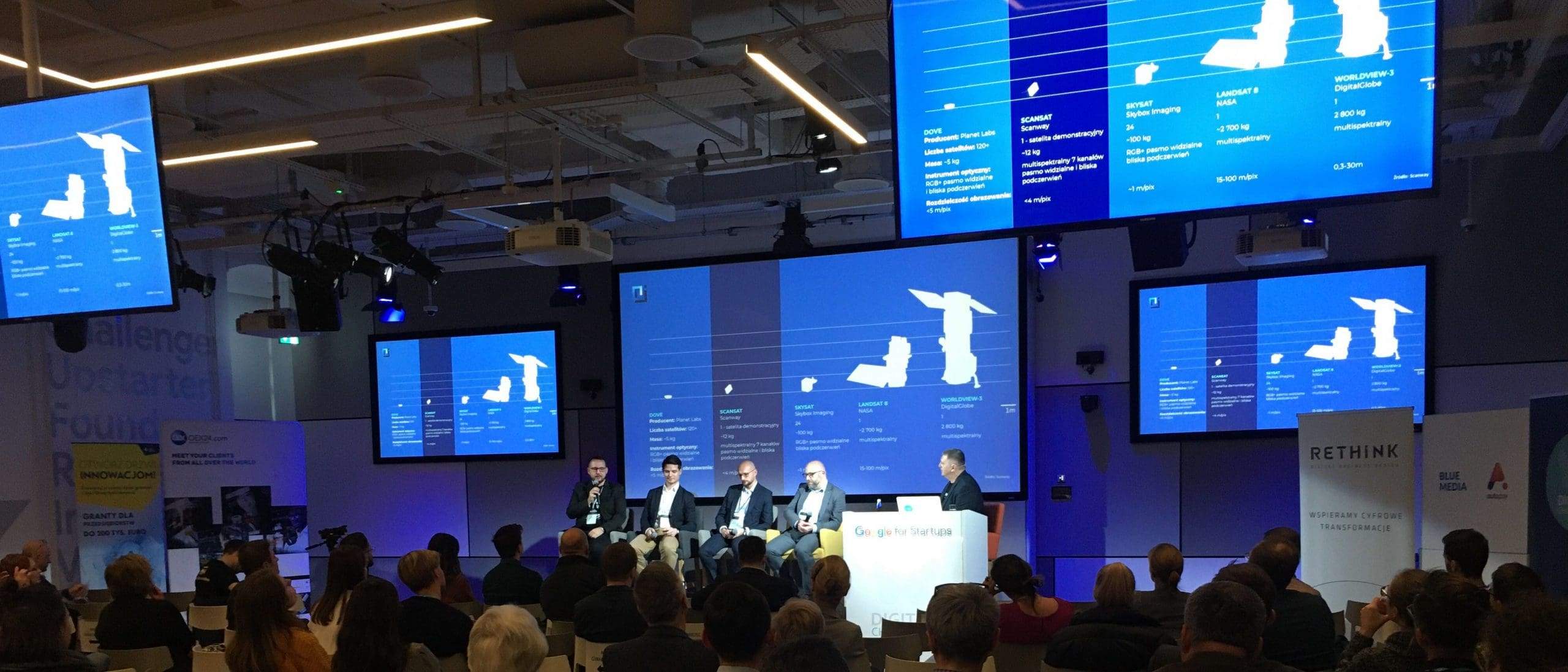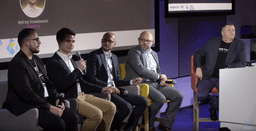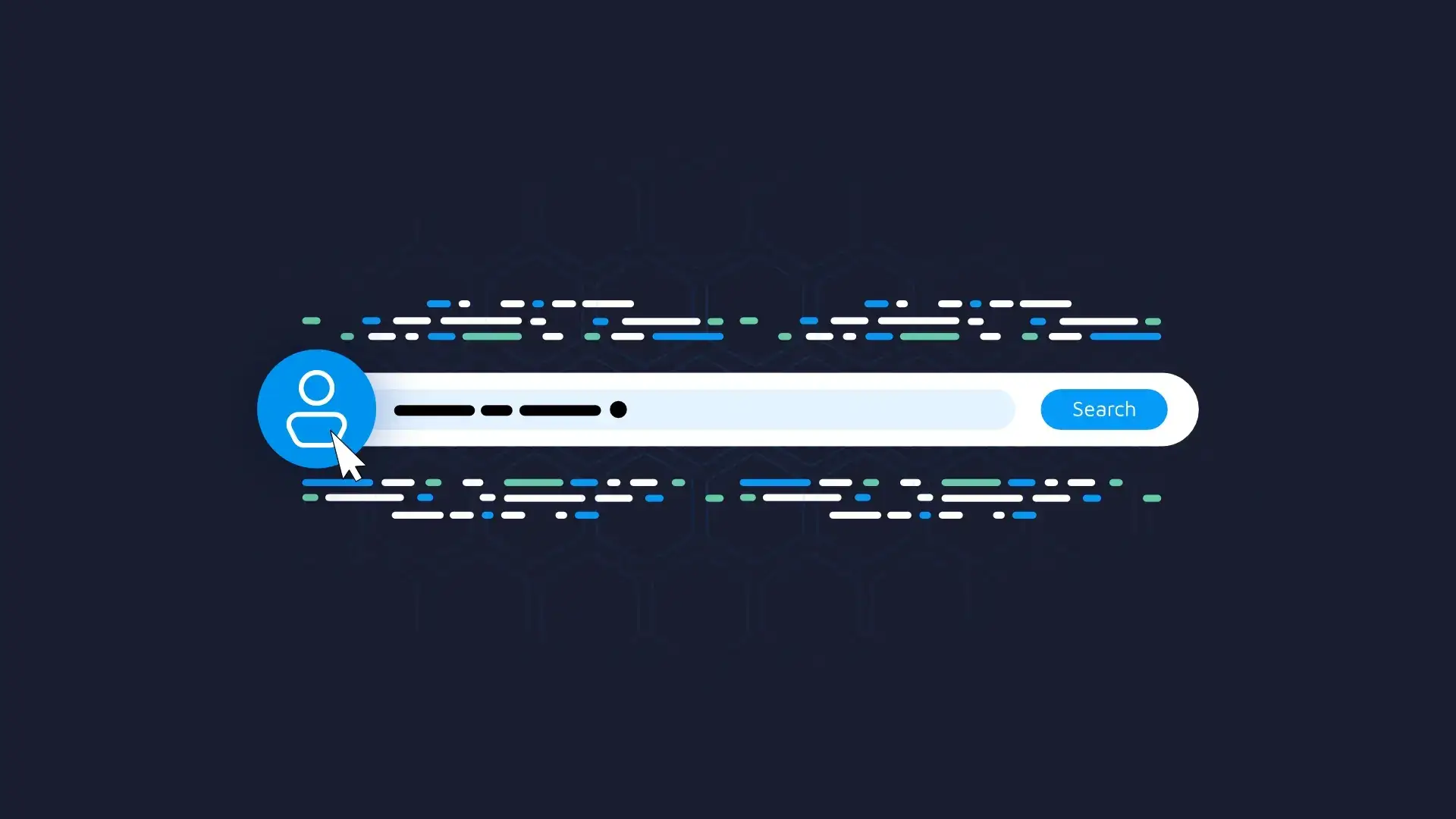
I attended the Digital Champions conference in Warsaw last week. The topic of this year’s conference was “cyber-competition, and exploration of the highly unpredictable, turbulent, unstable economic and political environment arising from accelerating technological innovations.”
We live in an interesting time, filled with numerous regional and global challenges, both physical and digital, and yet we are empowered with access to ever-growing data sets and tools at our fingertips.

Damian Rodziewicz speaking at Digital Champions 2019 in Warsaw, Poland
The second day of the conference had a very good introduction about the digital battlefield in a panel called “Digital Battlefield, Cyber Threats & Technology.” The former commander of GROM (Poland special forces) Col. Piotr Golucał listed a number of the issues that the army has to work through in order to get the competitive edge in times of war. He spoke about the tools they have for offense and defense and how they need to communicate. Cryptography remains essential in warfare of course. And the amount of information that is sent is crucial because troops can’t rely on cable to pass data, they have to send it over the air. So instead of writing a lot of text, sometimes they just send an icon or abbreviation to make sure they don’t overload the system.
Yochai Corem of CYESec gave a fascinating presentation on cyber threats. His company actually has a nice and interesting use case. They were asked by a bank to check its security. So they actually broke into the bank’s system. They started with breaking into the test environment, where they hacked the admin password and then discovered that it was the same password for the production environment. From there they went deeper into the so-called “Demilitarized Zone,” which is an area of the company that doesn’t have access to/from the outside world and is (supposed to be) fully protected. They took a photo of the bank’s CFO through his webcam. And they withdrew 50K Euro in cash from an ATM (they brought it back later). They also managed to wire over 40M Euro from one bank account to their own bank account (they returned that too). Normally there is a trigger when there is a large transfer, but they created an exception for a specific amount of money. The whole idea was to show that almost any system can be broken, people should work hard to make sure they have a safe environment and it’s best to keep looking for holes in infrastructure.
Another worthwhile presentation was by Aleksander Poniewierski of EY. He is the author of SPEED: no limits in the digital era. He talked about the fourth stage of the industrial revolution and summarized what it means to monetize the value that we create for clients. He explained that clients start with data, and you help clients get knowledge from the data and that knowledge helps create an asymmetry of information. Asymmetry of information means that someone knows more than someone else, which can be monetized. In the case of Uber, it looks at the market and sees drivers who give rides to people, and you have people who want to get rides from point A to point B. And without Uber, they don’t know about each other. So a company like Uber monetizes an asymmetry of information because they have knowledge about the drivers and the passengers.
The interesting part is that it aligns with what our company does. With data science, we help businesses and other types of organizations go from “just” data to information that leads to insights that lead to knowledge. This knowledge leads to value for the companies which can be monetized.
Building up competences and trust within your team allows your company to be data driven and keep evolving towards deriving value from it @filipstachura @appsilon #DgtlChmpns pic.twitter.com/loRaJtExzJ
— Damian Rodziewicz (@D_Rodziewicz) November 15, 2019
Appsilon Data Science co-founder and CEO Filip Stachura participated in the panel “Digital Warfare: Agile, Connected, Data-Driven.” Filip gave an intro about what it means to be a data-driven company. He talked about the different stages of a company’s data maturity. He said that If a company wants to be data-driven, two qualities must be introduced: trust and training. A company’s staff must be trusted to make good use of the data and to have the competencies to build insights from the data and evolve. Trust allows you to give data to the teams. Training allows you to empower your team to excel at what they do.
Thomas Kaiser and Monika Bogucka of Mercedes Benz gave an amazing talk in the panel “The Future of Manufacturing.” They explained how the industry can be changed with virtual reality. Mercedes-Benz built a new factory for engines and parts. They decided to use virtual reality (VR) as a platform and medium for employee training. They actually assemble and disassemble whole engines with VR. Employees can practice repeatedly without causing damage to real engines, and gamification elements can be added. They are able to check how much time it takes for a person to build an engine and gather info about the competencies of individual employees when training is completed.
The NewSpace panel at Digital Champions
Finally, there was a NewSpace panel that I took part in. The NewSpace movement is about the opening up of lower Earth orbits for development, where transport costs are falling, and technologies, as well as knowledge about the construction of satellites, are becoming available to sectors that haven’t been traditionally associated with the space industry. NewSpace is a big deal in Poland.
The panel was really cool, especially since we had people from completely different parts of the satellite process. The panelists included Bartosz Sokoliński of Agencja Rozwoju Przemysłu (ARP), which is a government-owned company that gives grants to enhance the competitiveness of Polish companies in NewSpace and other sectors of the economy; Robert Wagemann of ICEYE, which builds the most advanced SAR constellation of satellites; and Jędrzej Kowalewski of Scanway, which develops imaging and measurement systems that are a part of the interior of the satellites; and finally, there was I, representing the data science company that consumes the satellite data.
So we had a chance to discuss the whole process of gathering the satellite images and using them in practice. There was an on-point summary from ARP — they recommended that companies should start investing in learning about the satellite data set and usage of this data in practice. Of course, that is my company’s message as well: we encourage everyone to try it out because there is plenty of valuable information that can be gathered from this unique dataset.
After the panel, I had a chance to mix with great people representing very advanced parts of companies that are very open to research. I had an amazing time discussing different advanced and unique ideas using data science and machine learning in their companies.
Final Thoughts
I am very fortunate to have taken part in the conference. I met great, forward-thinking people who wish to invest in their companies and get a competitive edge, build asymmetries of information, increase market reach and do the most challenging and advanced things. Overall I feel that the Polish market has advanced a lot and the companies are much more mature. They are ready to embrace the power of technology, the power of data science.
Thanks for reading! Follow me on Twitter @D_Rodziewicz
Follow Appsilon Data Science on Social Media
- Follow @Appsilon on Twitter
- Follow us on LinkedIn
- Sign up for our newsletter
- Try out our R Shiny open source packages












